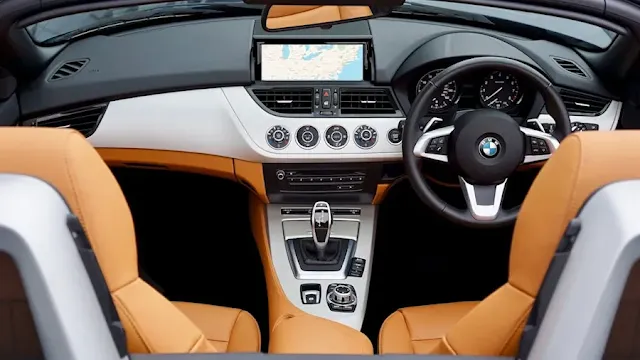Navigating the Complexities of Car Import to India
India, with its sprawling landscapes and burgeoning economy, presents a lucrative market and a diverse terrain for car enthusiasts and expatriates considering bringing a vehicle into the country. However, importing a car to India is not without its challenges and complexities. Stringent regulations, hefty duties, and a meticulous process govern the import of vehicles to ensure compliance with environmental and safety standards. This article aims to demystify the process of car import to India, highlighting the key regulations, duties involved, and practical advice for a smooth experience.
Understanding the Regulations
The Indian government permits the import of cars and other vehicles, subject to specific conditions designed to protect local industry and environment. Here are the primary regulations to keep in mind:
Eligibility: Import of new cars is allowed without restriction to individuals or entities. However, the import of used cars is restricted and can only be done by Indian nationals returning to India after a stay of two years or more abroad, and the car must have been in the owner's possession for at least one year.
Right-Hand Drive: India mandates that all vehicles imported into the country must be right-hand drive to comply with its traffic regulations.
Emission Standards: Imported vehicles must adhere to the Bharat Stage (BS) emission standards, which are aligned with European emission standards, to ensure they meet India's environmental regulations.
Customs Duty and Taxes
One of the most daunting aspects of importing a car to India is the customs duty and taxes imposed on the imported vehicle, which can significantly increase the total cost:
Customs Duty: The duty on imported cars in India is notably high, typically ranging from 60% to 100% of the car’s cost, insurance, and freight (CIF) value, depending on the engine size and type (new or used). This high duty rate is intended to discourage imports and protect the domestic automobile industry.
Additional Taxes: Besides customs duty, additional taxes such as the Goods and Services Tax (GST) and cess are applicable, further elevating the cost.
The Import Process
The process of importing a car to India involves several steps, from obtaining approvals to clearing customs:
Approval and Documentation: Obtain prior approval from the Directorate General of Foreign Trade (DGFT) and ensure all documentation, including the original purchase invoice, shipping bill, and insurance papers, are in order.
Shipping: Choose a reliable international shipping company experienced in vehicle imports to India. The car must be shipped to the nearest port of entry where customs clearance will take place.
Customs Clearance: Upon arrival, the vehicle goes through customs clearance, where all duties and taxes must be paid. It’s advisable to hire a customs clearing agent to navigate the complex customs process.
Registration: After clearing customs, the vehicle must be registered with the Regional Transport Office (RTO) in India. The car will be inspected, and upon meeting all requirements, a registration number will be issued.
Practical Advice for Importing a Car to India
Consider the Total Cost: Evaluate the total cost of importing, including purchase price, shipping, insurance, customs duty, and taxes, to assess the financial viability.
Compliance: Ensure the vehicle complies with Indian regulations regarding emissions, safety, and right-hand drive configuration before shipping.
Documentation: Keep all documents related to the purchase, shipping, and insurance of the vehicle readily available to facilitate smooth customs clearance.
Professional Assistance: Given the complexities involved, consider engaging a professional customs clearing agent and an international shipping company specializing in vehicle imports.
Importing a car to India involves navigating a maze of regulations, duties, and procedural steps. While the process may seem daunting, thorough preparation, understanding of the regulations, and professional assistance can make it manageable. Whether it's the desire to bring a piece of home for expatriates or the passion for a unique foreign car, understanding the intricacies of car import to India is the first step toward realizing that dream.





